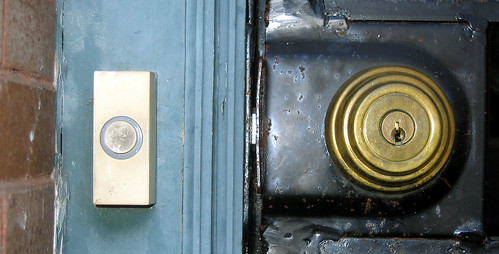Tips to keep latch key kids safe at home

The average child isn't mature enough to spend lengths of time alone, and cope with stressful, or emergency situations, until about the age of 11 or 12 years. Because of this, it's best for younger children to be left in the care of an adult, or an older, responsible youth to provide supervision and structure.
There are exceptions in most every situation, however, and this one is no different. There are children who might be mature enough around the ages of 8 to 10 years to stay by themselves for a length of time, after school. If you and your child are confident that they are ready for this responsibility, there are some guidelines to follow which will help them feel safe and secure, and ensure that they are prepared to handle situations such as unexpected arrivals at the door, possible accidents or injuries, and other general emergencies.
Review and discuss the following points with your child so that they will be properly prepared and equipped to deal with a variety of situations:
- First and foremost, make sure your child knows their full name, address, and phone number. They should also be able to provide your full name, as well as your contact details at work - the address and phone number, and any other ways of reaching you.
- Explain to your child that you will be phoning them each day at one or more designated times - such as directly after school - to make sure they've arrived at home safely, and that nothing at your home seems strange, or out of order. This is important as it provides an extra sense of safety and security for both you and your child.
- If there is not an established routine already in place, work with your child to create one. For example - after being dropped off at home, your child will wait for you to check-in with them, then have a snack and begin working on homework, and so on. Make certain your child knows the full name of their bus driver, or the person who will be bringing them home after school.
- Make sure your child is familiar with making phone calls so that they won't be intimidated if they should need to call upon someone other than you - such as a neighbor, or even phoning 911, or other emergency services.
- Discuss with your child the importance of keeping all doors and windows closed and locked when they are at home alone - no matter how nice the weather might be. Also, make sure they know to come inside and lock the door behind them, immediately.
- A very important point to review is making sure your child knows how to look for things that might be strange, or out of place when they arrive home. They should know to look for windows or doors that might be cracked or open when they should be closed - and instruct them never to enter the home if anything at all seems strange. Devise a plan of action for if this circumstance should arise, such as going to a neighbors home instead, until your home can be checked out by an adult.
- Discuss how to handle the situation when/if someone arrives at the door unexpectedly. The best plan of action in this case is to stand at the door and announce that an adult is home, but unable to come to the door, and ask that they please return at another time.
- It is also a good idea to equip your home with a burglar alarm system, and make certain your child is familiar with how to arm/disarm it, and any other available functions they might need to utilize in a time of need.
- Discuss and plan a safe exit strategy with your child in case of a fire. They should know how to get out quickly, and safely. Review different areas of the home where a fire might start, and which exits would be the safest and most appropriate to use in each situation. Your child should also be familiar with basic first aid, and what to do in the event of other emergencies such as severe weather.
